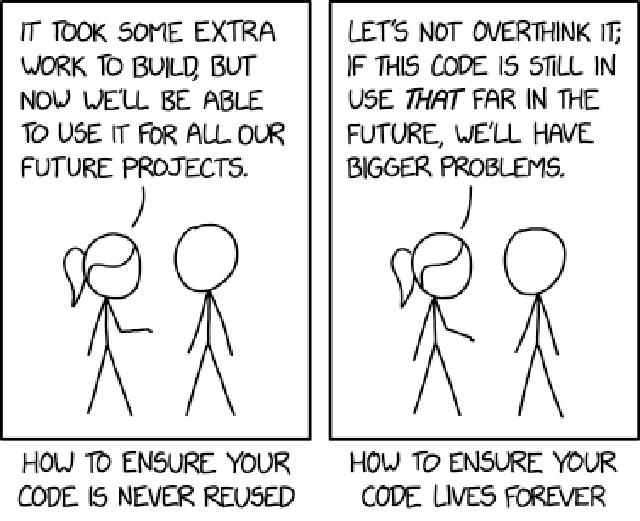Inflation: How We Got Here
Almost every trip the last six months, I’ve ended up discussing the same topic in almost every country: just how expensive everything has gotten. People are tightening belts, and seeing real reductions in their quality of life, and noticing price jumps in essentials.
Strangely though, I’m finding people raraly understand inflation or our current experience with it should have been more avoidable. While it’s not necessarily going to remove the helplessness a lot of people are feeling at the moment, I do find understanding a thing better normalizes it and leads to action. So, helping understand why something like rising interest rates are counter-intuitively used to try to induce price stability is worth knowing.
